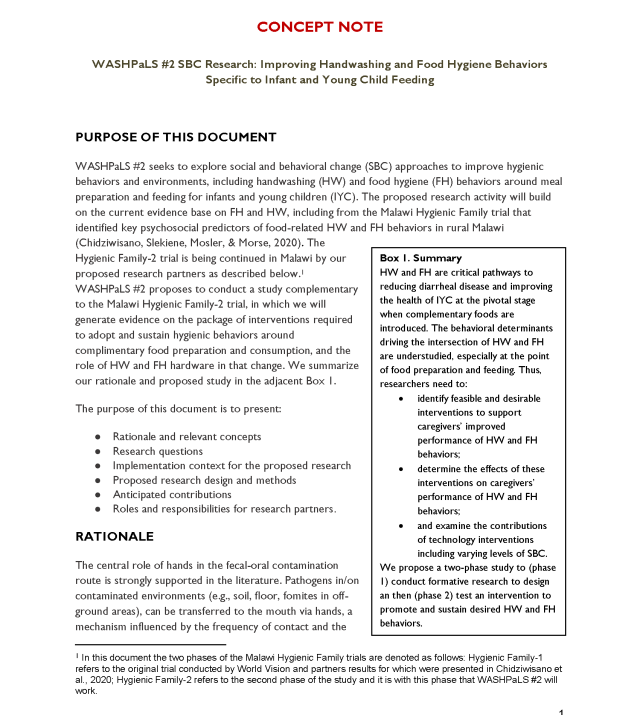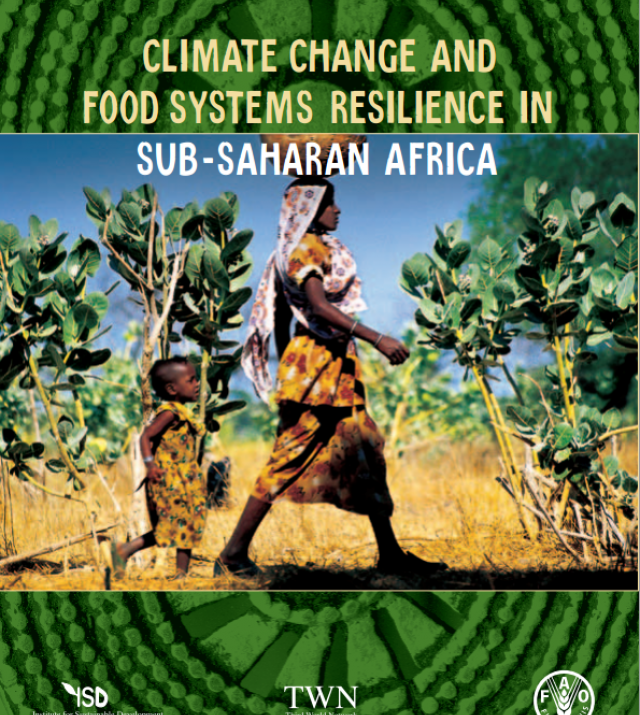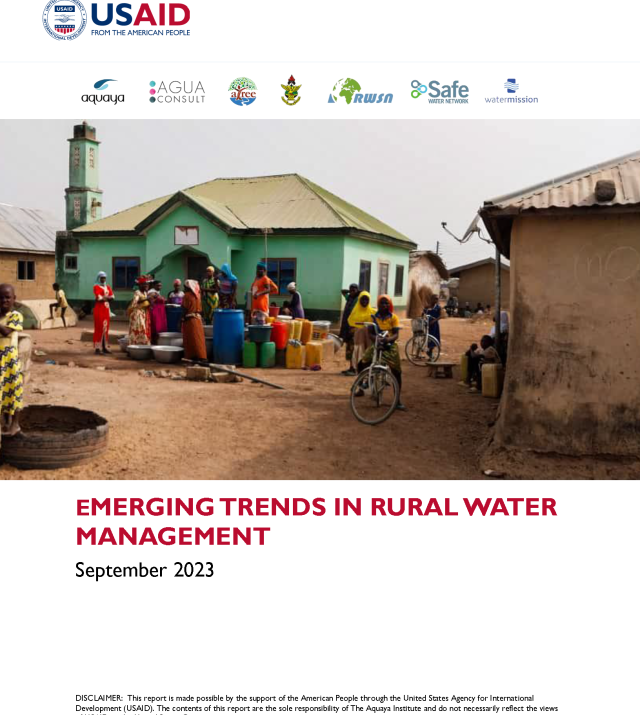
Exploring The Use Of Playpens As A Feasible Option For Protecting Infants From Exposure To Animals, Feces, And Dirt In Amhara, Ethiopia

USAID’s Water, Sanitation, and Hygiene Partnerships and Learning for Sustainability (WASHPaLS) project conducted the playpen research in partnership with Plan International/Ethiopia and PSI through the USAID Transform WASH Project. The research was led by FHI 360, a WASHPaLS partner. The following provided valuable input to ensure the report’s comprehensiveness and accuracy: Morris Israel and Jeff Albert from WASHPaLS; and Elizabeth Jordan and Jesse Shapiro from USAID. WASHPaLS team members who provided insight into specific technical issues included Joe Brown, Mimi Jenkins, Hannah Taukobong, and Francis Ngure. Kathrin Tegenfeldt of USAID/Ethiopia provided valuable insights and support to the activity.
Given these under-emphasized sources and pathways of infection, traditional water, sanitation, and health (WASH) interventions may not adequately block infant exposure to pathogens found in animal feces through exploratory mouthing and soil consumption (geophagy) (Pickering et al., 2019). The study described in this report explores the potential for a protective play space (or playpen) to help caregivers create a “safe zone” that reduces children’s exposure to fecal pathogens, both animal and human, through exploratory mouthing and geophagy.

